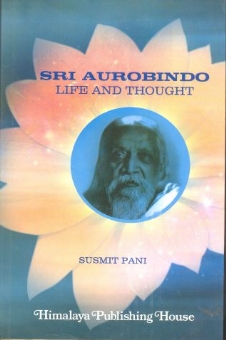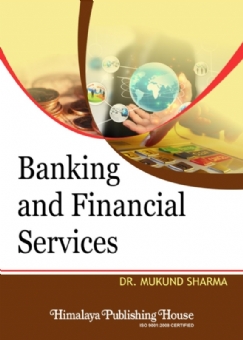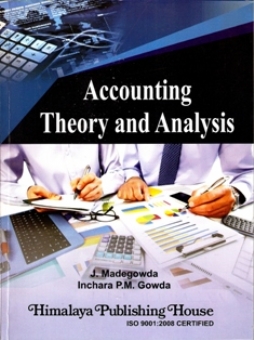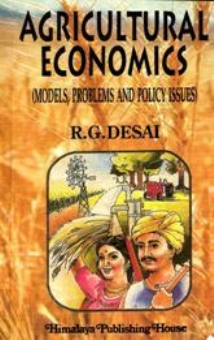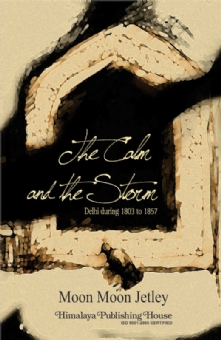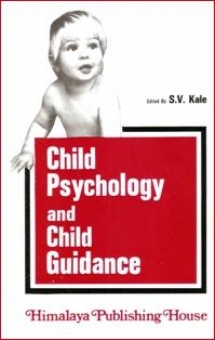Sri Aurobindo (1872-1950), a pioneer thinker and activist of India’s nationalist movement with his varied and voluminous creative writings on literature, politics, philosophy, history and sociology has attracted scholars of many disciplines. The present work is an attempt to study Sri Aurobindo’s thought in a historical perspective. While the students of philosophy have not generally considered the nationalist Sri Aurobindo, historians have neglected his meta-physics. The literary critics and political scientists do not do justice to the metaphysics of Sri Aurobindo. Many scholars have tried to reduce the early writings of Sri Aurobindo into rigid formats of political thought. The early writings of Sri Aurobindo cannot be treated in isolation to their contemporary events. In view of these limitations, there is scope for a co-related study of Sri Aurobindo’s thought. It can be conveniently conceded that thinkers with many facets receive distinct treatments from scholars of different disciplines. In view of limited attempts by students of history in dealing with the thought of Sri Aurobindo, the present study attempts to bridge the gap to an extent.
The word “thought” has been preferred to ‘philosophy’ for several reasons. Philosophy gives an impression of a metaphysical bias, and as things less connected with metaphysics and things that Sri Aurobindo wrote before evolving a metaphysical system have been included in the present study, the word “thought” has been used. Secondly the term “philosophy” connotes certain fundamental issues, which have been answered over centuries by many philosophers. The present study is not limited to questions of philosophy. In other words, the emphasis is on what Sri Aurobindo thought of all different times on different issues. Though it is not possible to study one’s thought without a format, yet as far as possible, an attempt has been made to present Sri Aurobindo’s thinking in the format he had used, to avoid reducing him into a rigid format of any discipline. Thus naturally the present study has been excessively dependent on Sri Aurobindo’s own writings than on critics of his works. As far as possible opinion forming have been reserved to conclusion of that chapter, in order to preserve the virginity of his thought and in order to form conclusions only on the totality. Further the present work is less of a critique on Sri Aurobindo’s thought and more of a presentation.
There are two currents in the present work, one is of Sri Aurobindo’s thought and the other is the back ground material. Thje background material includes a short biographical sketch, as a tempted mental make-up, a sketch of the freedon struggle, a survey of nationalist thought from Rammohan to Tilak, Indian and Western philosophical traditions and traditions of evolutionary theory etc. The work principally deals with Sri Aurobindo’s Nationalist Thought, Treatment of Indian History and Scriptures and Philosophy.
Contents –
1. Biographical Sketch
2. Sri Aurobindo and Freedom Struggle
3. Sri Aurobindo the National Thinker
4. Sri Aurobindo’s Treatment of Indian History and Scriptures
5. Sri Aurobindo the Philosopher
6. Summery, Discussion and Conclusion

